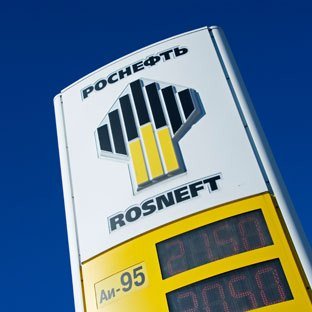(The New York Times) Russia’s quasiwar in eastern Ukraine is in no small measure a product of long-felt anti-Western tensions within Vladimir Putin’s Kremlin that are rapidly spiraling out of control.
With the downing of the Malaysian airliner over territory controlled by pro-Russian insurgents, the rift between Russia and Ukraine has become an international conflict. Citizens of the Netherlands, Malaysia, Australia, Indonesia, Britain, Belgium and other countries have been killed in a war that many people in the West might have thought had little to do with them.
We do not know who pulled the trigger, but we know that the armed rebels operating in the east of Ukraine have always had the vocal support of high-ranking Kremlin officials. Since late February, when Ukraine’s pro-Russian president, Viktor Yanukovych, fled Kiev, Russia’s official media has been bending over backward to present the new Ukrainian government as a fascist junta manipulated by the West while the Kremlin pursues its twin goals — keeping NATO and Western economic influence in check. […]
Over the ensuing decades, the leaders of the Russian establishment have grown increasingly suspicious and fiercely antagonistic toward Western economic and political institutions. Since 1993, high-ranking bureaucrats, academics, members of parliament, business executives, and top law enforcement and security officials have shown rising levels of anti-Americanism, according to a recent study by the Higher School of Economics in St. Petersburg and William Zimmerman of the University of Michigan. The source of this antipathy, according to Eduard Ponarin, a professor of sociology at the school, “is elite frustration over the failure to modernize their country along some foreign models.” […]
See the full article ("Russia's Anti-West Isolationism" published July 20) | © The New York Times











